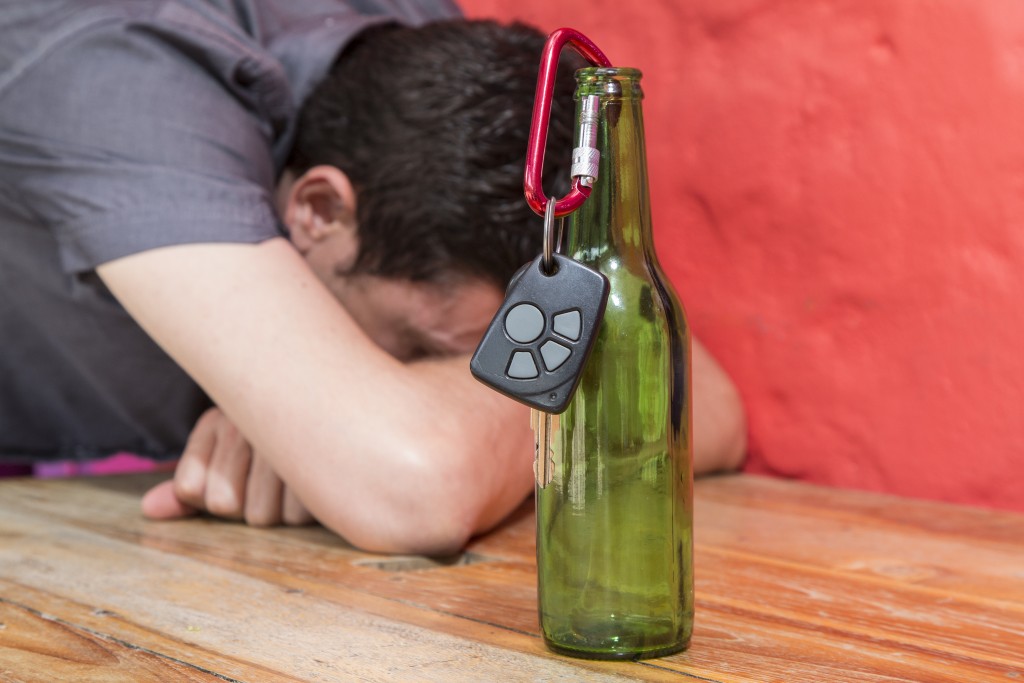Alcohol abuse and addiction can severely damage almost every aspect of a person’s life: it can have detrimental effects on their organs, brain, behavior, relationships, finances, and careers. Those suffering from alcoholism may require professional help to do overcome their addiction, but most of them avoid doing so either because they’re in denial about their condition (that by accepting help, they’re acknowledging that they have a problem), peer pressure, or other personal reasons.
If you’re reading this, then you’re probably suspecting that a close friend or loved one is having trouble with alcohol abuse. It’s indeed hard to approach a loved one and convince them to get help if you’re not yet even sure if they have a drinking problem as some people are quite good at hiding it.
As such, we’ll be taking a look at a few tell-tale signs to help you ascertain if your loved one is struggling with alcoholism to make it easier for you to approach and convince them to get the help they need:
#1 They Don’t Get Drunk That Easily
While it’s true that alcohol tolerance can be affected by one’s genetics (presence of genes that are linked with alcohol tolerance) or physique (those with larger bodies require more alcohol to get drunk that those with lighter or smaller builds), alcohol tolerance is generally induced by regular drinking. In other words, the more often one drinks (and the higher the quantity of alcohol consumed), the more they build up their tolerance to getting drunk, prompting them to drink more just to get drunk. So, if you’ve noticed that it takes a significantly higher amount of alcohol for your friend or loved one to get drunk, it’s safe to assume that they’ve frequently been drinking and have built up their tolerance.
#2 They Drink at Inappropriate Times and Places
Another tell-tale sign that your loved one is struggling with alcohol abuse is if you notice them sneaking out to drink, such as during work or when in a social gathering wherein alcohol is usually prohibited. They may also be hiding bottles or containers of alcohol in their car, at home (instead of having them displayed), or even sneak them into work. You should consider this as a major red flag, so you may want to start preparing yourself for the eventual confrontation and also start looking for a nearby alcohol recovery or rehab center in Nampa, Idaho.
#3 They Tend To Avoid Gatherings and Events That Don’t Have Alcohol

Sure, not everyone goes to social/family gatherings. But if you’ve noticed that your friend/loved one who usually attends these gathering suddenly stop going to them, it might be because they’re unable to go too long without having a drink. Those suffering from alcoholism may experience uncomfortable withdrawal symptoms that they also want to prevent their friends and family from seeing.
#4 They Started Having Problems at Work
If you’ve noticed that your loved one has started having trouble at work, specifically about their performance, tardiness, attendance, or workplace relationships due after a night of drinking (to which they’ll say is only occasional or that they didn’t drink that much), then you might want to add that to your alcoholic-detection checklist.
#5 They Constantly Look Worse for Wear
Alcohol can dehydrate one’s body, and it can be quite apparent in one’s skin; you’ll know someone’s had too much to drink the night before if they have dry-looking skin. This dehydration can also affect their hair, making them look brittle and dry, with split ends to boot. Another physical sign of alcoholism is bloating at the stomach and face, as well as the appearance of cellulite. Lastly, those who constantly drink alcohol have an unpleasant smell, as alcohol actually leaves one’s body through sweat, urine, and even breathe.
Conclusion
Knowing the tell-tale signs of alcoholism won’t only help you confirm if your loved one is struggling with alcohol abuse, but you can also use these signs when you’ve finally built up the courage to confront them in order to persuade them to get help. So, if your loved one is exhibiting some (if not all) of these signs, it may be time for you to prepare yourself for the big talk, and also the best time to start looking for a trusted alcohol recovery center in Nampa.
